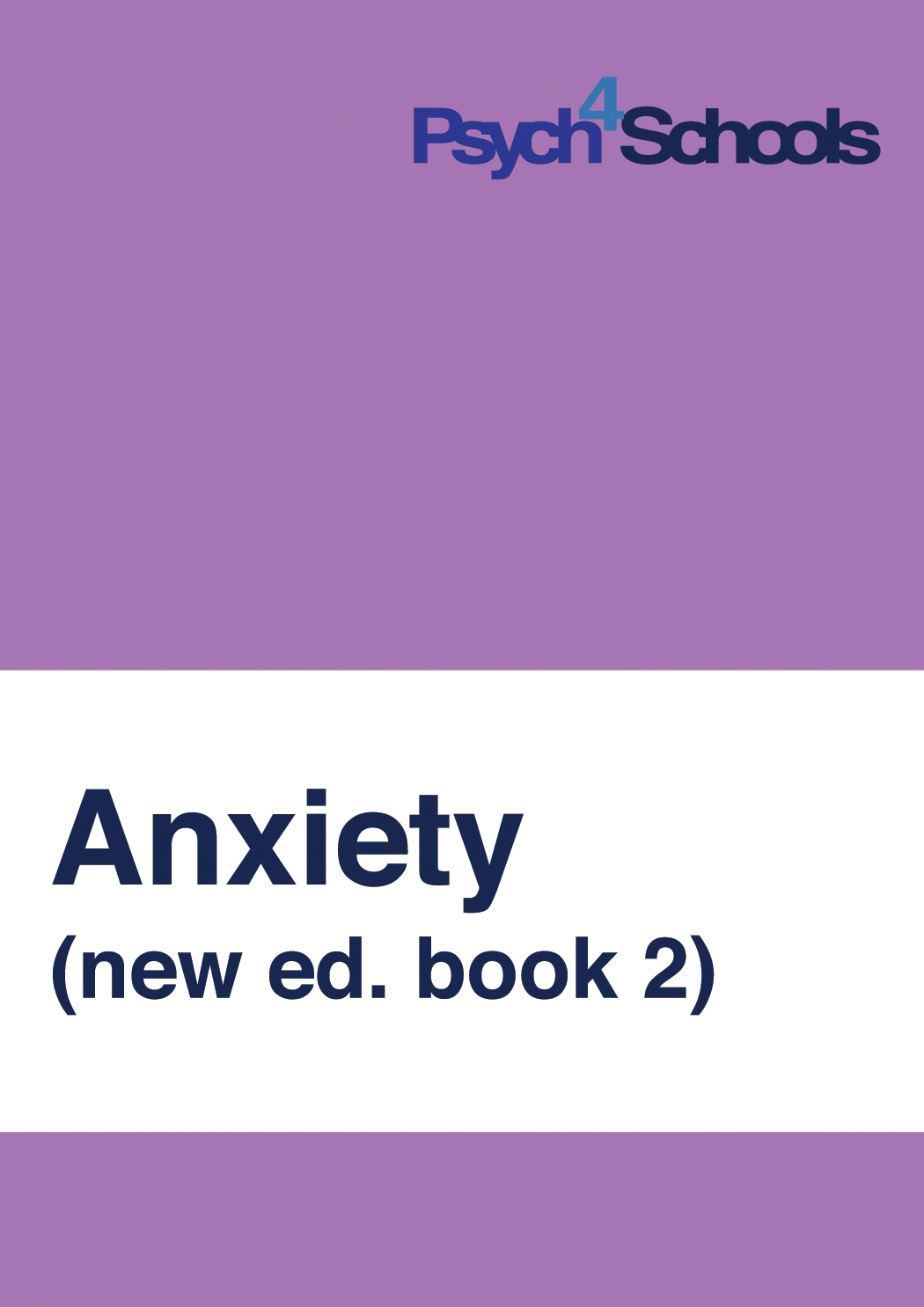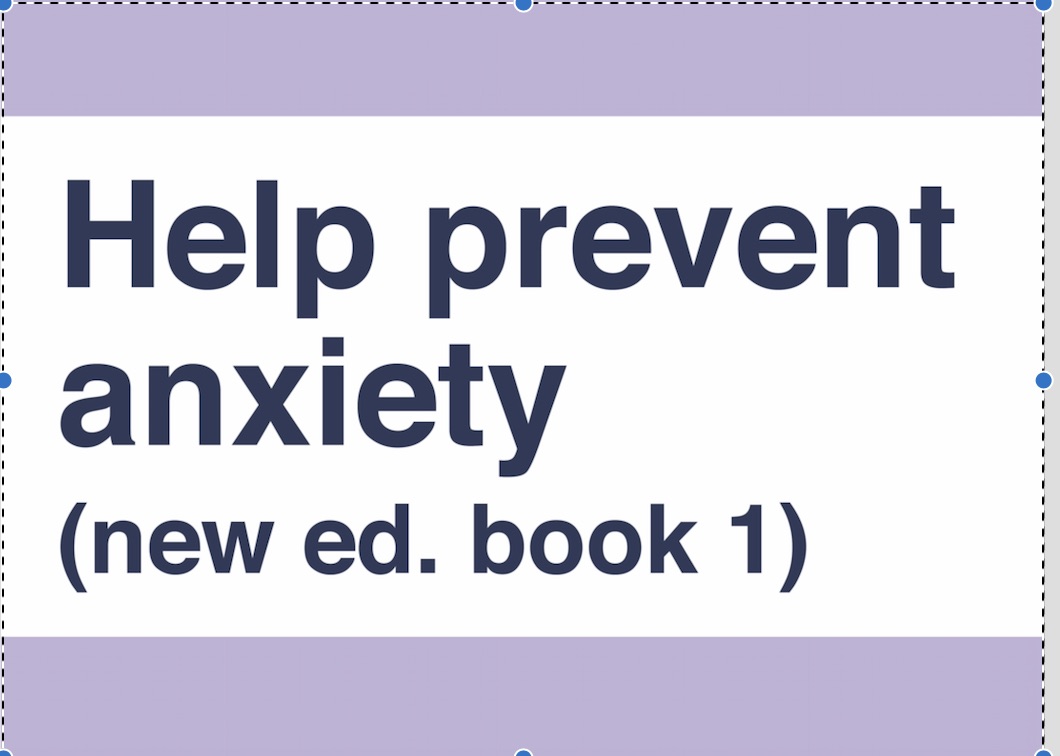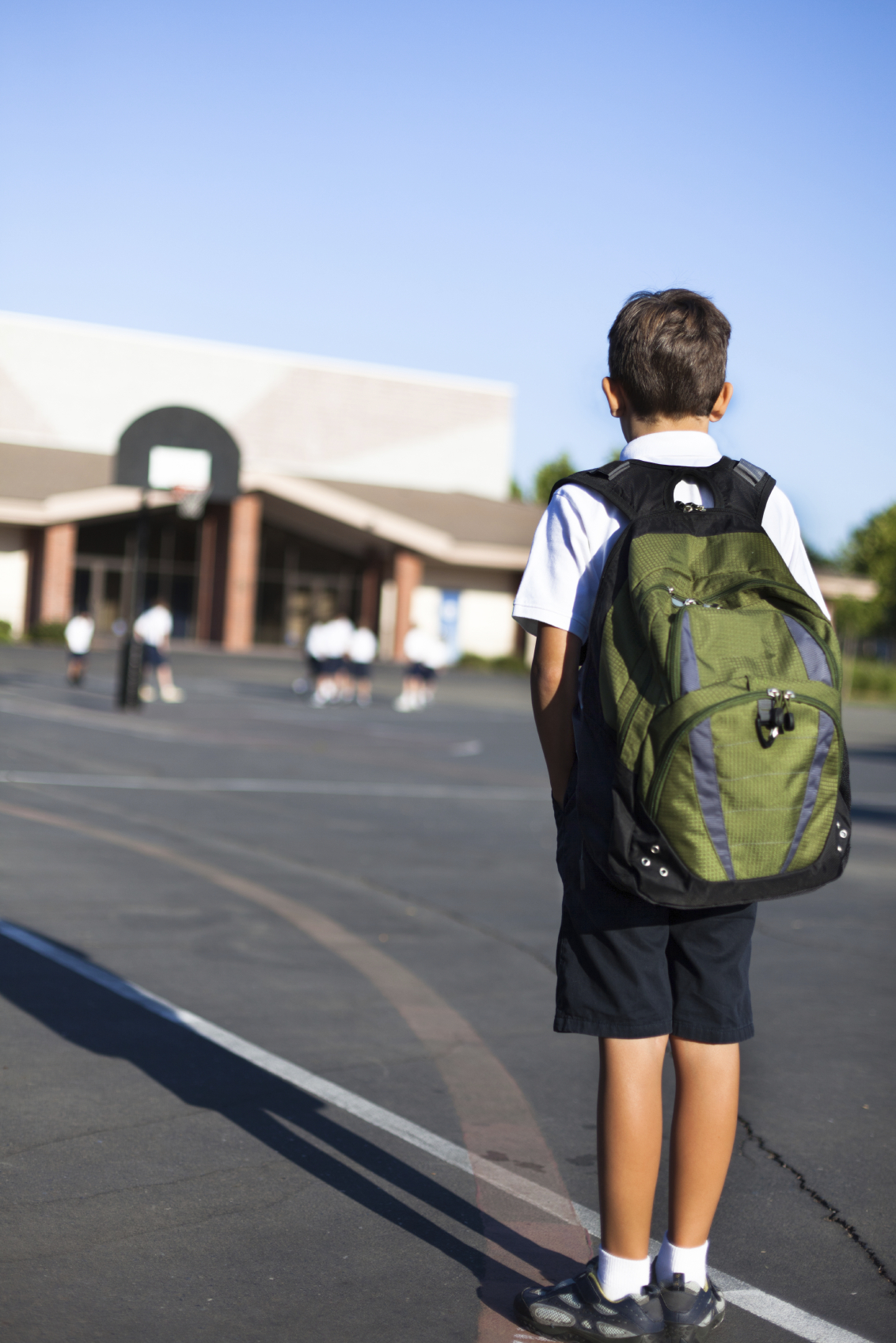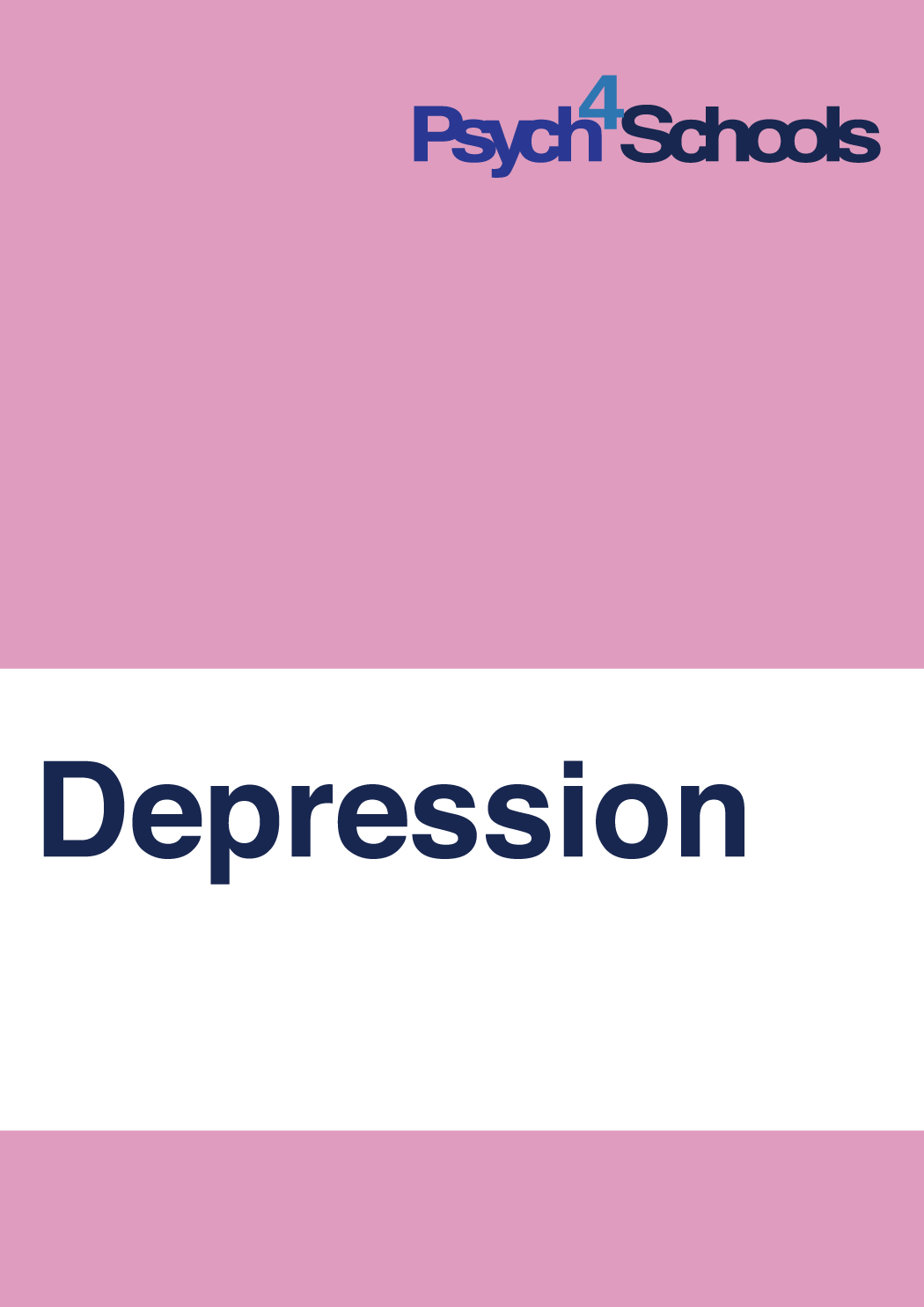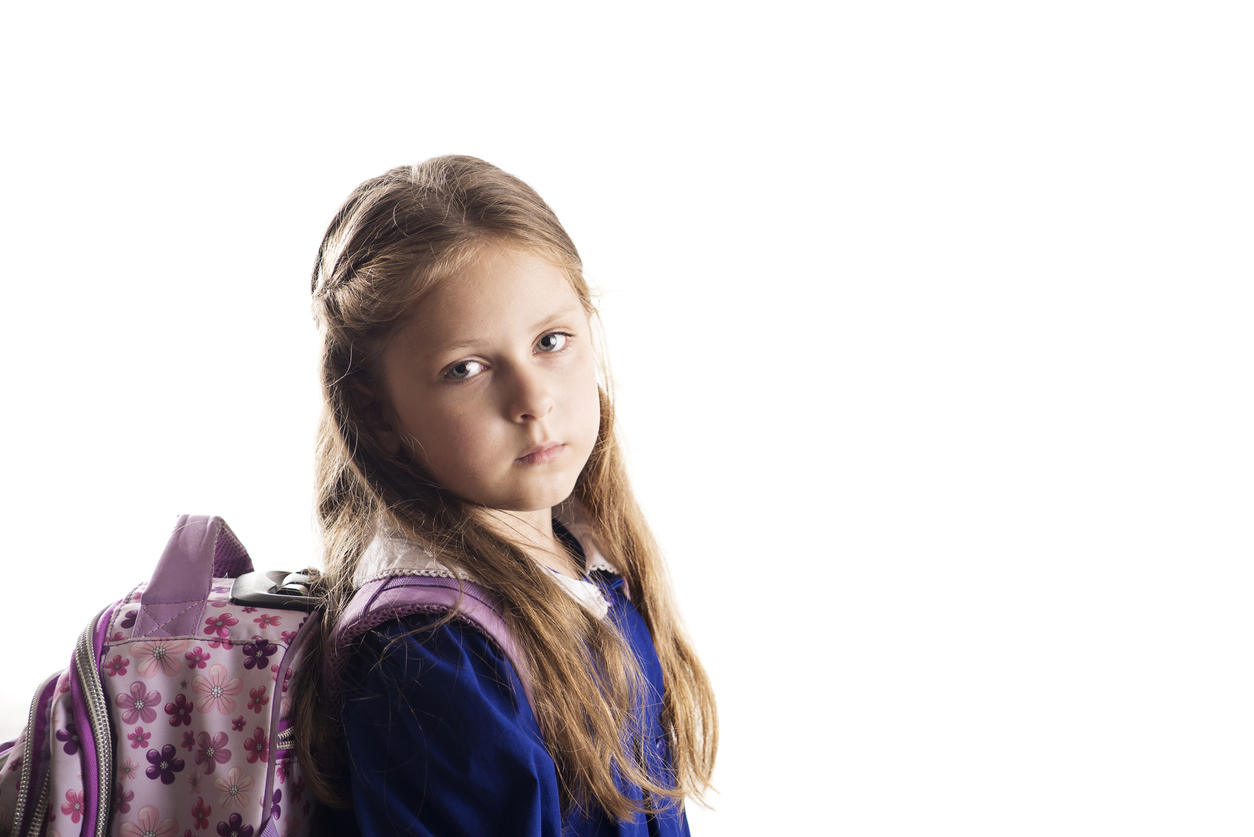Blogs
Impact of COVID-19 and preparing for Term 4
As teachers and students take a well-earned break, we wish to send a huge shout-out to teachers who have been working harder than ever to ensure the wellbeing of our nation’s children, as well as managing teaching and learning programs. This is such a challenge when many adults, including teachers are feeling heightened levels of
Read moreWorking with children who are conduct disordered and violent
The most challenging behaviours encountered in schools are exhibited by violent, out of control, conduct disordered children. Conduct Disorder (CD) affects a small percentage of children and is typically diagnosed between 10 and 16 years of age. [1] Conduct disordered behaviour frequently creates crisis situations in schools. The following examples illustrate the seriousness of the problem
Read moreSupporting parents with at-home learning
Psych4Schools thanks our nation’s teachers and school support staff who have spent weeks preparing and delivering teaching and learning packages for students and families to support at-home learning. Carefully selected physical materials will help cater for the diverse needs of learners and those without access to remote learning tools. For many there will be some
Read moreBy Psych4Schools Guest Blogger Astrid Gates with Murray Evely Emotional self-regulation is the ability to monitor and manage our own behaviour, calm ourselves when we’re distressed and pick ourselves up when we’re feeling low. Self-regulation skills are developmental in nature, just like learning to walk, talk and read. Since children make progress academically when they
Read moreHelping students to talk about the 2019-2020 bushfires
The bushfires that have ravaged communities around Australia from late 2019 continue to devastate Australians and raise many issues for them and the international community. Although Australia is prone to bushfire, the massive fuel loads, the vastness of the fire zones – some with their own weather systems – the voraciousness of the fires that
Read moreA transition profile to assist in supporting a child with ASD
I recently asked teachers to name key things they would like to know about a child diagnosed with autism spectrum disorder (ASD) who was about to come into their class or year level. These discussions revealed some common suggestions: What are the behaviour triggers for the child? What are their likes and interests? How much
Read moreWorking with children who are anxious (new ed. book 2) available now
Many people, including young children and adolescents, struggle with anxiety on a daily basis. Australian school psychologists have identified anxiety as the most common issue encountered in their work with students and their families in primary schools;[1] with one in five children and adolescents having elevated symptoms of anxiety.[2] High levels of anxiety negatively impact
Read moreHelp prevent anxiety (new ed. 1)
Australian school psychologists have identified anxiety as the most common issue encountered in their work with students and their families in primary schools.[1] One in five children and adolescents have elevated symptoms of anxiety.[2] Early intervention is key to promoting positive mental health and strong learning outcomes. This ebooklet provides a brief overview of anxiety and a
Read moreReduce anxiety: Create a safe classroom and school environment
There is often no single cause for anxiety. Common risk factors include having a parent with anxiety, stressful life events, health issues, frequent lack of sleep, neurodevelopmental disorders, learning disabilities and temperament. Children who are exposed to one or more stressful or traumatic life events are more likely to have high levels of anxiety. Such
Read moreUnmotivated students: build your capacity as a teacher
As mid-year approaches and reports are prepared, the issue of how to better assist disengaged and unmotivated students often comes to the forefront. Unmotivated children tend to opt out, do the bare minimum required and can be difficult to teach. They may be unwilling to participate in discussions, frequently look bored, tune out, distract others,
Read moreNew ebooklet available – Working with children who are depressed (and helping prevent depression)
Depression is a mental illness that negatively affects thinking, perceptions, emotions and behaviours. The impact of depression on a child is more severe than any other mental health disorder. [1] Lawrence D, Johnson S, Hafekost J, Boterhoven De Haan K, Sawyer M, Ainley J, Zubrick SR (2015) The Mental Health of Children and Adolescents. Report …
Read moreTogether for a better internet
By Sandra English Psych4Schools Guest Blogger The online behaviour of young people attracts significant discussion, with some experts attributing negative outcomes, including mental health issues to online engagement. Some studies have noted that the increased time spent time on social media may contribute to negative body image [1], sleeping difficulties [2] or symptoms of depression.[3]
Read moreTechnologies for students with dyslexia: Part 2 Writing
By Jemima Hutton Psych4Schools Guest Blogger Dear teachers, This is the second of two blogs, the first related to reading, and this one to writing. Both use scenarios to help you consider ways to implement digital technologies in your classroom. I have specifically written this way in the hope that you will act, not
Read moreTechnologies for students with dyslexia: Part 1 Reading
By Jemima Hutton Psych4Schools Guest Blogger Dear teachers, At 19 years of age, I still act like a total child when it comes to writing something like this blog. I am simply overwhelmed and quite frankly, intimidated by the enormity of the task. The irony of a dyslexic writing about how other dyslexics can engage
Read moreSeparation anxiety is part of normal childhood development. It begins around six months of age and typically resolves by the time children complete preschool. A healthy level of separation anxiety indicates the development of a close bond and attachment to the primary caregiver. However, about 4 per cent of primary school age children experience excessive
Read moreWelcome back to our Members and eNews Subscribers. A special welcome to new members who have joined in recent days. This is a busy time of year as teachers, support staff and other school professionals meet new students, organise programs, teaching and learning activities and resources. We would like to share five ideas that you
Read more





